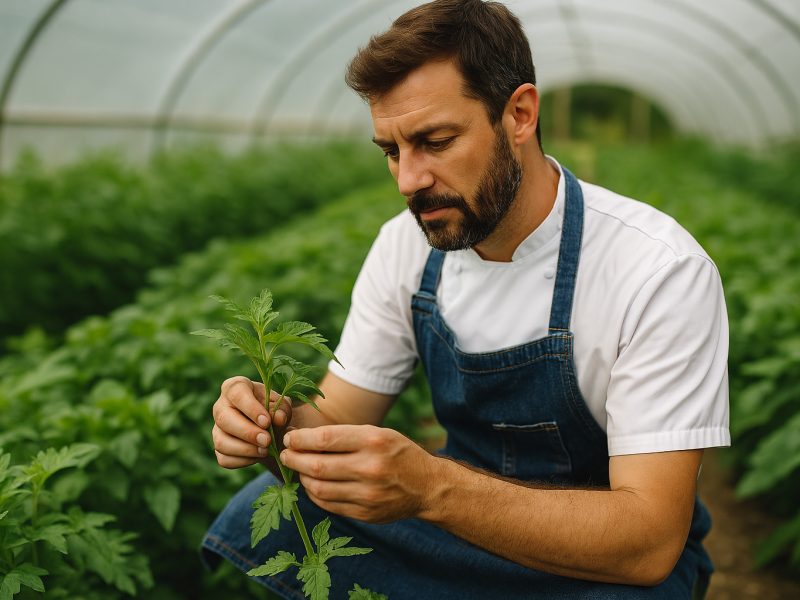
From Chef to Grower: How Careers in Food Are Changing
The line between the kitchen and the field is getting thinner. More chefs are trading their aprons for gumboots, becoming growers, breeders, and soil specialists. Careers in food are no longer confined to the back of house or the dining room floor. They now stretch deep into the roots of agriculture.
Why Are Food Careers Shifting?
People working in food are seeking greater control over their ingredients. Climate issues, food security, and sustainability concerns have prompted chefs to get closer to the source. They want fresher produce, less waste, and a better understanding of what they are serving.
Key Drivers Behind the Shift
- Ingredient Control: Chefs are growing rare varieties and heritage breeds to create menus no supplier can duplicate.
- Sustainability Demands: Growing food directly reduces the carbon footprint linked to long supply chains.
- Skill Diversification: A hands-on understanding of growing seasons, soil health, and climate patterns makes a food professional far more valuable.
- Consumer Expectations: Diners want transparency. Farm-to-table isn’t a buzzword anymore; it’s a baseline.
- Financial Resilience: Owning both production and preparation allows for tighter cost control and brand strength.
New Career Paths in the Food Industry
Food careers are no longer just about kitchens and restaurants. Here are new directions people are taking:
- Chef-Grower Hybrids
Professionals are running micro-farms alongside their restaurants, managing their own supply chains. - Agri-Culinary Consultants
Advising farmers on which crops chefs actually want, and advising restaurants on direct sourcing. - Seed-to-Table Educators
Teaching both future chefs and consumers about biodiversity, soil health, and regenerative farming. - Vertical Farming Entrepreneurs
Designing hydroponic systems that allow herbs, greens, and even fruits to be grown indoors for hyperlocal use. - Food Sovereignty Advocates
Working with communities to create local food systems that resist industrial agriculture dependence.
Skills Today’s Food Professionals Need
The modern food professional needs far more than knife skills and palate training. Success demands:
- Soil Science Basics: Understanding how soil types affect flavor and crop health.
- Botany: Knowing how different varieties perform under specific conditions.
- Supply Chain Logistics: Managing storage, transport, and timing without middlemen.
- Sustainability Practices: Composting, water conservation, and waste reduction as daily habits.
- Community Building: Creating strong relationships with local farmers, co-ops, and food hubs.
Examples of the Shift in Action
- New Zealand’s Farm-to-Fork Restaurants: Chefs like Giulio Sturla in Lyttelton started their own gardens to source ingredients.
- Global Regenerative Farming Initiatives: Top chefs partner with farms using regenerative methods to improve soil and food quality.
- Seed Saving Movements: Culinary professionals participating in heirloom seed-saving projects to preserve diversity.
Why This Matters for the Future
The people growing food and the people preparing it are starting to overlap, creating a more resilient, creative, and sustainable food system. The farm is becoming the first kitchen. The chef’s hat fits just as well alongside a pair of gardening gloves.
Food careers are no longer linear. They are circular, feeding back into the soil, the community, and the plate. The shift from chef to grower is not a fad—it’s the future.

No Comment